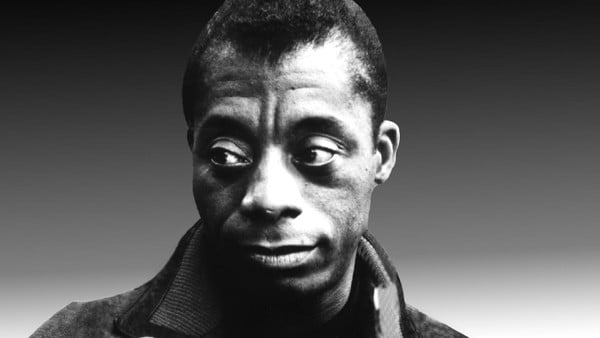Global Courant 2023-05-03 04:57:44
In a new translation, Giovanni’s Room, the pioneering and audacious gay novel by writer James Baldwin, returns.
“Americans are strange. They have a strange sense of time; or maybe they don’t have any sense of time”, says the Giovanni who gives the title to this book whose author, born and raised in the great country of the north, points – through other passages like the one mentioned – to the idiosyncrasy of the white supremacist empire in which grew up.
Let’s start by saying that James Baldwin was black and gay at the worst time and place to be. This novel, which takes place in France, refers in part to that. Precisely, because the French country was to a great extent the refuge of what in the United States was persecuted with blood and fire.
Although for current generations Giovanni’s Room may be an unknown book, the authorial figure of the one who conceived it today offers a potential cinematographic hero in the style of gay activist Harvey Milk who was played by Sean Penn in the biopic Milk (2008) with the exception of that Baldwin was not murdered because he fled in time.
A Pentecostal preacher first, a disciple of the poet Countee Cullen and Richard Wright (African-Americans like him), Baldwin was, through literature and action, a militant of his blackness and homosexuality in the early 50s, when things were even more difficult for him. than for Milk himself, white as his last name.
Let us remember that this partially autobiographical story was originally published in 1956, in the same great America where his friends Medgar Evers (1963), Malcolm X (1965) and Martin Luther King (1968) were murdered shortly after.
This is how things were for blacks, and for this reason, like Miles Davis or Charlie Parker, among other artists and intellectuals of the time, Baldwin sought refuge in Paris, where Giovanni’s Room is located. The then city of light (today it is more difficult to agree on such a metaphorical figure), the main setting of this novel, is then also the object of contrast with a New York as thriving as it was primitive, where the troublemakers of that time used to end up with a shot in the head. head.
David, protagonist and omniscient voice of the story, remembers his native Brooklyn at the beginning; when he is not yet who he will be in the course of history. For David, then, the experience framed in four walls with the Giovanni of the title is almost initiation. And it corresponds to say “almost” because the narrator evokes a previous event; an adolescent relationship with someone of the same sex that he assumes he has kept in his memory as “a black cave, full of rumors, insinuations, half-heard, half-forgotten, half-understood stories, riddled with obscene words.”
Beyond the plot itself, which made the book a founding classic of gay literature, there are true discoveries in its pages; focuses on the human condition captured and planted in prose with surgical precision, in poetic code.
By way of example, he highlights one of the most successful approaches in modern literature to describe the father-son relationship (which is and is not a matter linked to the axis of this novel, depending on the reading that is done) and offers here a prodigious definition: “What inevitably happens to adolescents with their parents happened to me with him: I had begun to judge him. And the harshness of that judgment, which broke my soul, revealed – although at that moment I couldn’t have said it – how much I had loved him and how that love, along with my innocence, was extinguished”, says David as he passes, in one of the best synthesis regarding the complicated filial bond.
This passage alone would be worth reading the book. But he is not the only one: within the framework of his discovery, David slides other universal associations about loneliness, friendship, uprooting, dissatisfaction; the need for something that constantly recedes and has no name.
As is often said about good literature, Baldwin talks about one thing to talk about others. In that network where he drags the precious and the dark, the holy and the profane, he achieves with instinct and intelligence a transcendent novel of the collective cause for which he acquired resonance; a text that can be read as the intimate landscape of disagreement and essential searches, almost always unsuccessful.
Giovanni’s room, James Baldwin. A thousand bottles, 216 pages. $3,500








